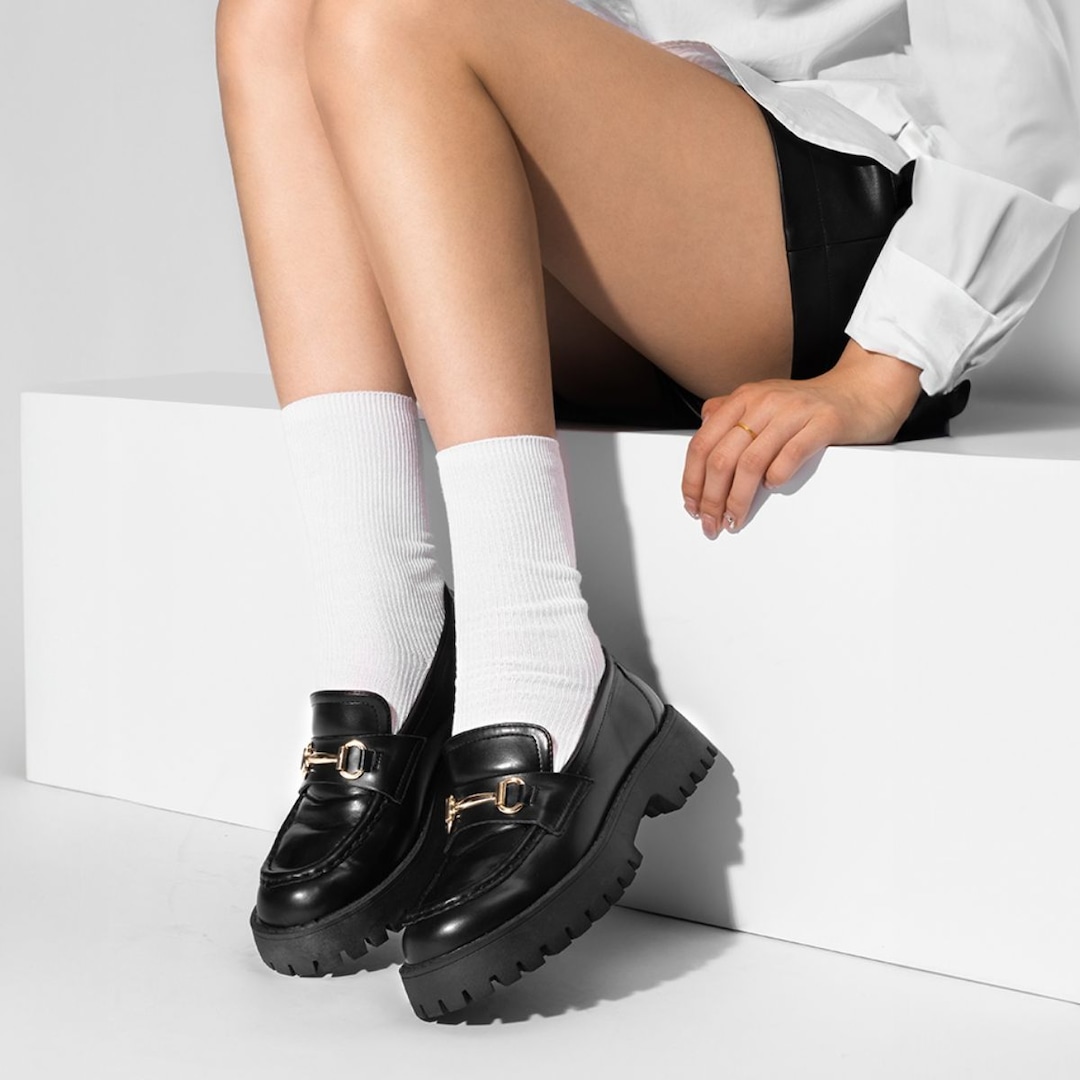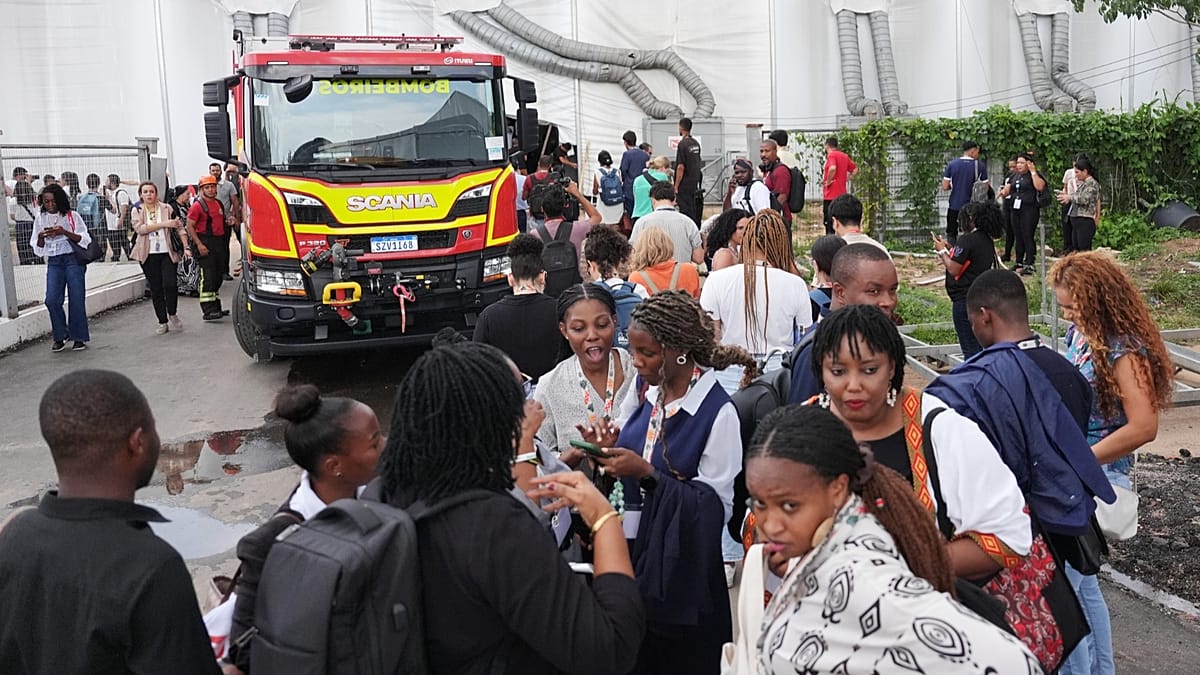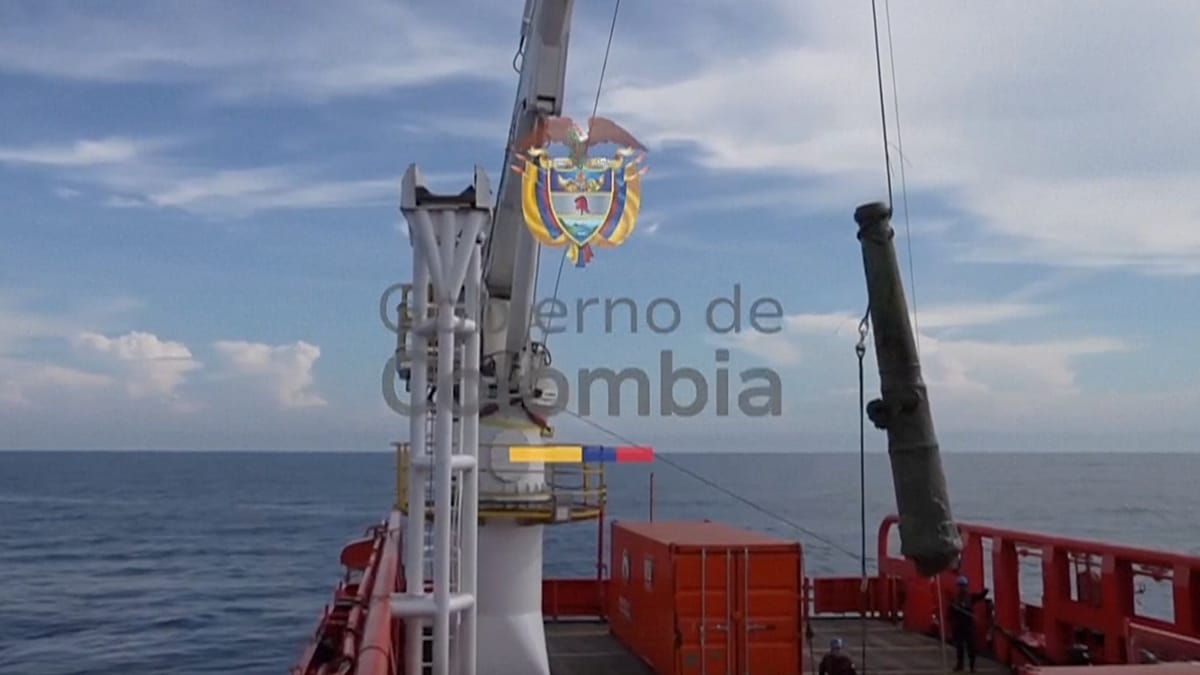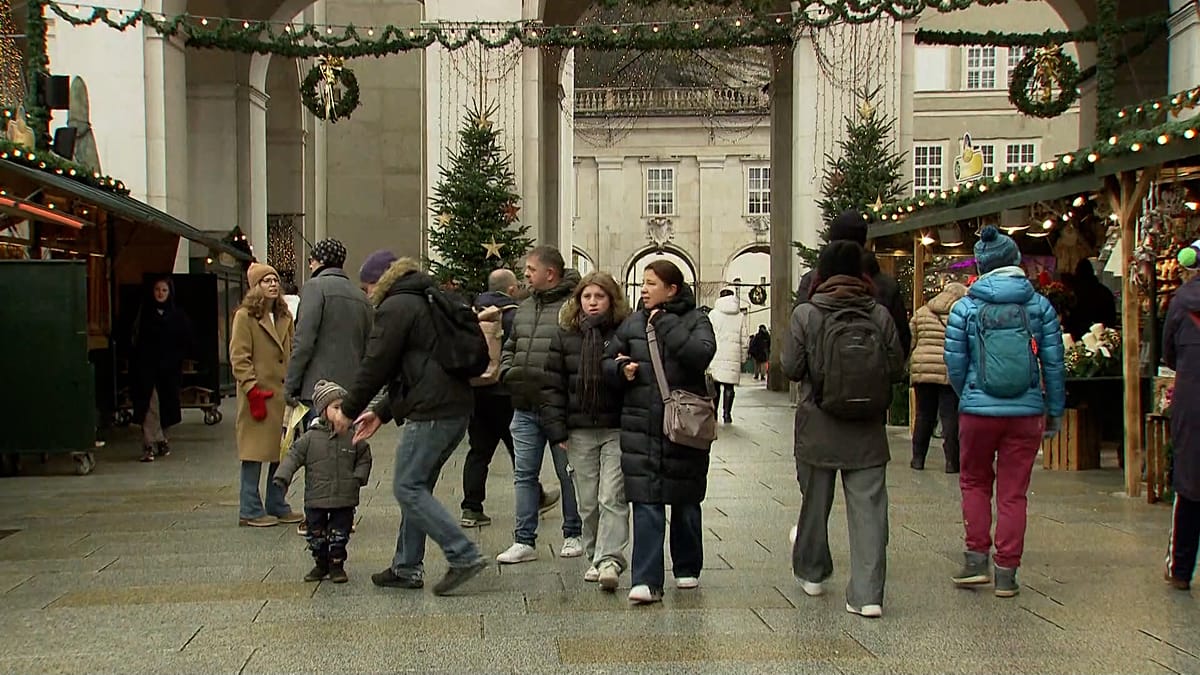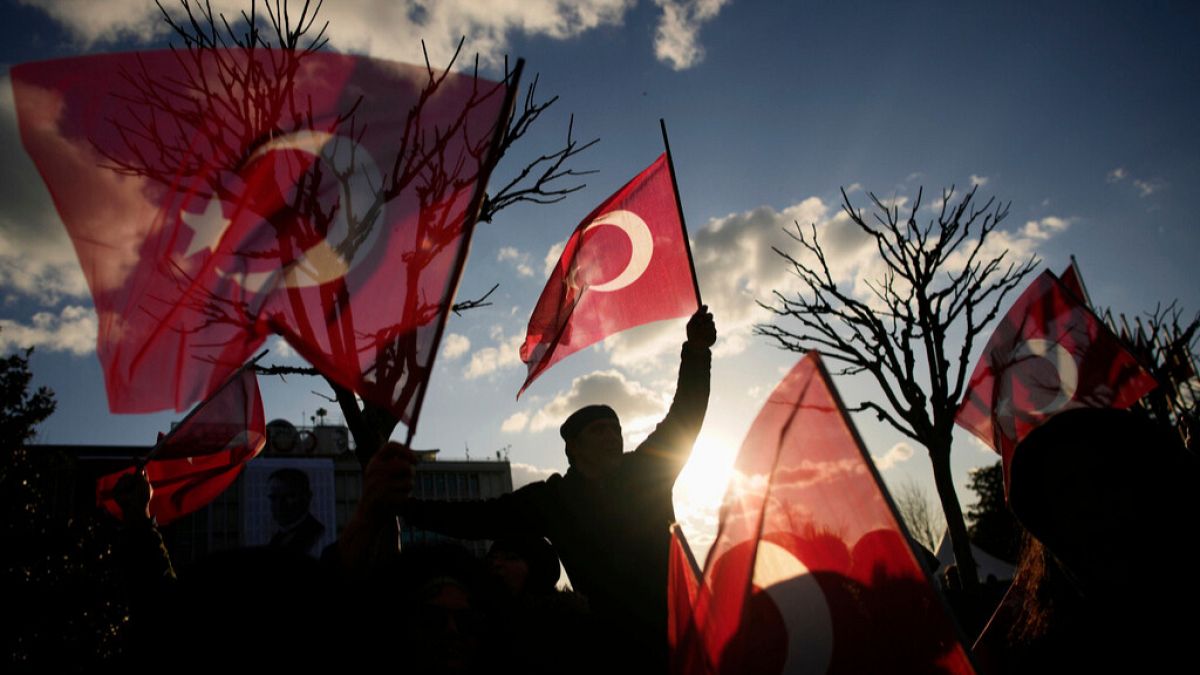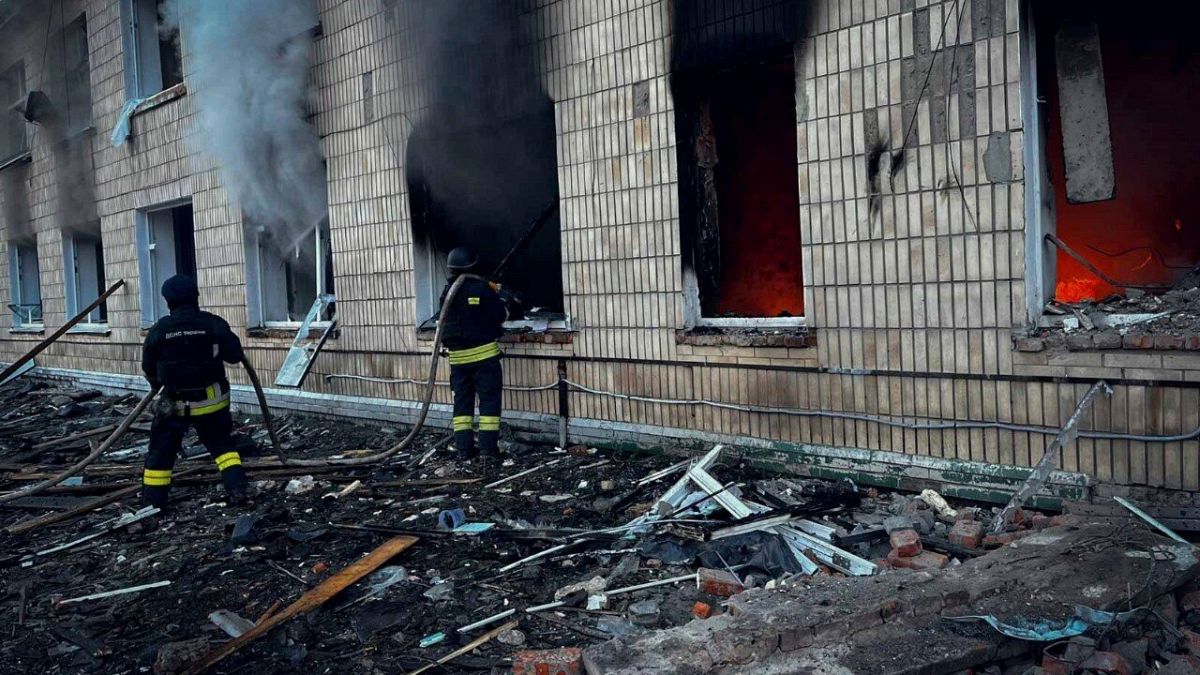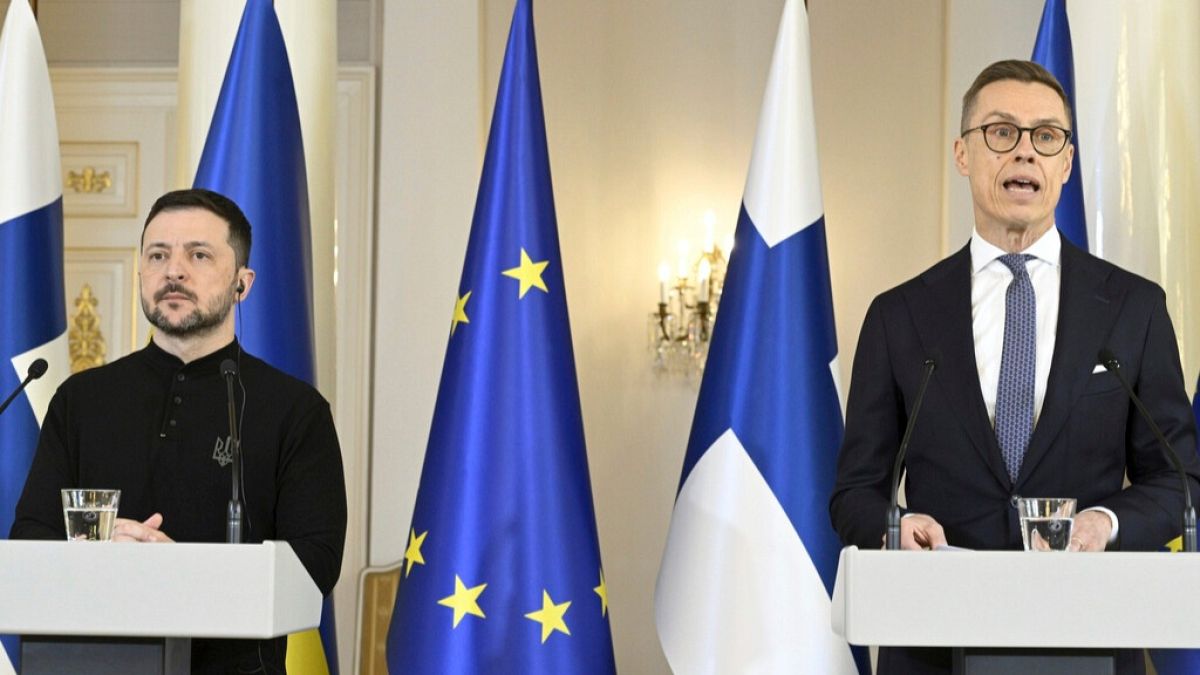EU research ministers want to bring global students to Europe

Brussels – Numerous ministers responsible for research in the EU reacted with great concern to cuts in research budgets or the expulsion of foreign students from the USA initiated by US President Donald Trump before their recent meeting in Brussels, including Austria’s responsible minister Eva-Maria Holzleitner (SPÖ). She demands sufficient funds for the research framework program in the next EU multiannual budget.
“These are developments that make us very concerned,” Holzleitner said regarding the US government’s immediate ban on the elite university Harvard from admitting foreign students. The SPÖ politician sees this as a “very dramatic negative signal for free science and the scientific young generation.” Trump and his administration accuse the university of pro-Palestinian protests on its campus and have already cut billions in funding. According to the “New York Times,” 6,800 non-US citizens are studying at Harvard. It is still unclear whether the ban will hold up legally.
Holzleitner: Internationality means multilingual offerings
Austria is responding with a perspective package for professors, researchers, but also for students “who are at risk of not being able to complete their studies in their home country,” Holzleitner said, “we are putting together a scholarship program for 50 students.” English is the language of science and research, she reminded that “two or three months ago, a party in Austria only wanted to allow German in the scientific field, namely the FPÖ.” For the current federal government, “internationality always also means multilingualism, and in this case, a multilingual offering.”
“I am very concerned about what is happening in the United States,” said German Research Minister Dorothee Bär. The US government’s decision is not a positive signal, and she “hopes very much that the US government will reverse this decision,” because it is “fatal.” She “would not have thought that the hotspot of academic freedom would be questioned so quickly.” Even now, a shift of not only American but also other students from China or India to “come to us” is already noticeable, said the CSU politician.
Europe is “very open to attracting talent from all over the world,” also affirmed her Polish counterpart and current representative of the Council presidency Marcin Kulasek, which is “very important.” The French responsible minister Philippe Baptiste spoke of a “disordered global environment.” Under Trump’s government, the “pillars of science will collapse,” with “global implications.”
Research brings competitive advantage
The program recently launched by the EU Commission “Choose Europe for Science,” which aims to bring international researchers to Europe, is for Holzleitner an “important initiative to show; we are a safe harbor and also want to actively extend a hand.” She emphasized the importance of an independent, strong EU research framework program with a “clear focus on free science and research,” especially for Austria.
Looking ahead to the negotiations starting in the fall for the next multiannual EU budget 2028-2034, a strong research program for Austria will be a priority, “we will hold firm in the negotiations.” The EU Commission is expected to present its proposal in mid-July. It plans significantly more funds for defense and armament. For Holzleitner, Austria benefits from a strong research framework program not only “because we have excellent research, but because it will be a competitive advantage in the future,” and it strengthens innovation. “Research is the seedbed of the companies of tomorrow; when you invest in research, you invest in competitiveness and jobs,” said her French counterpart Baptiste. (23.05.2025)













